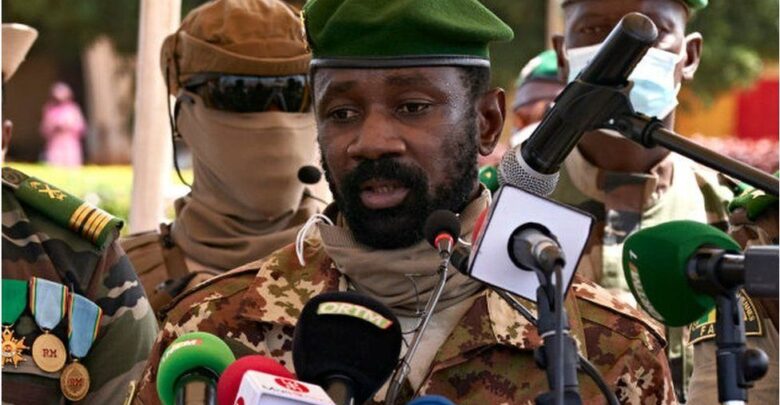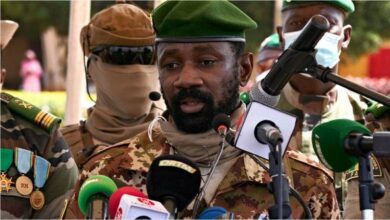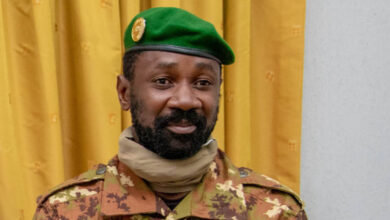Mali
Mali’s Transitional Government Sets Election Timetable Ahead Of ECOWAS Summit

Mali’s government has reportedly set a constitutional referendum in March 2023 and the presidential elections in February 2024, reported Africa News.
According to documents sent to AFP on Thursday, the legislative elections will be held between October and November 2023, and local elections in June 2023.
“Our authorities are further paving the way for a return to constitutional order in Mali, the scene of two coups d’état led by the same group of colonels in August 2020 and May 2021,” said Colonel Abdoulaye Maiga, Mali’s government spokesman who is also Minister of Territorial Administration, on state television on Thursday.
“The government finds this timetable (electoral and referendum) realistic,” he added.
The setting of the election timetable comes just a few days before a summit of the Economic Community of West African States (ECOWAS), which is due to consider the tough sanctions imposed on Mali’s junta in January.
The timetable is a key issue in the confrontation between Mali and the West African regional bloc. The ECOWAS has said it would consider lifting the sanctions if the junta presents an acceptable timetable for the transfer of power to civilians.
Last month, the Malian junta had issued a decree stating that they would govern until March 2024. ECOWAS slammed the authorities for not waiting until the end of negotiations with it to set the deadline.
The West African bloc has been pressing for a swift return of civilian rule in the country since the military came to power in August 2020.
The election timetable will be presented before the ECOWAS heads of state on Sunday at their summit in Ghana’s capital Accra.
An ECOWAS mediator, former Nigerian President Goodluck Jonathan, has made numerous trips to Bamako to discuss with Mali’s military authorities and try to find a compromise. His last trip was on June 23.





